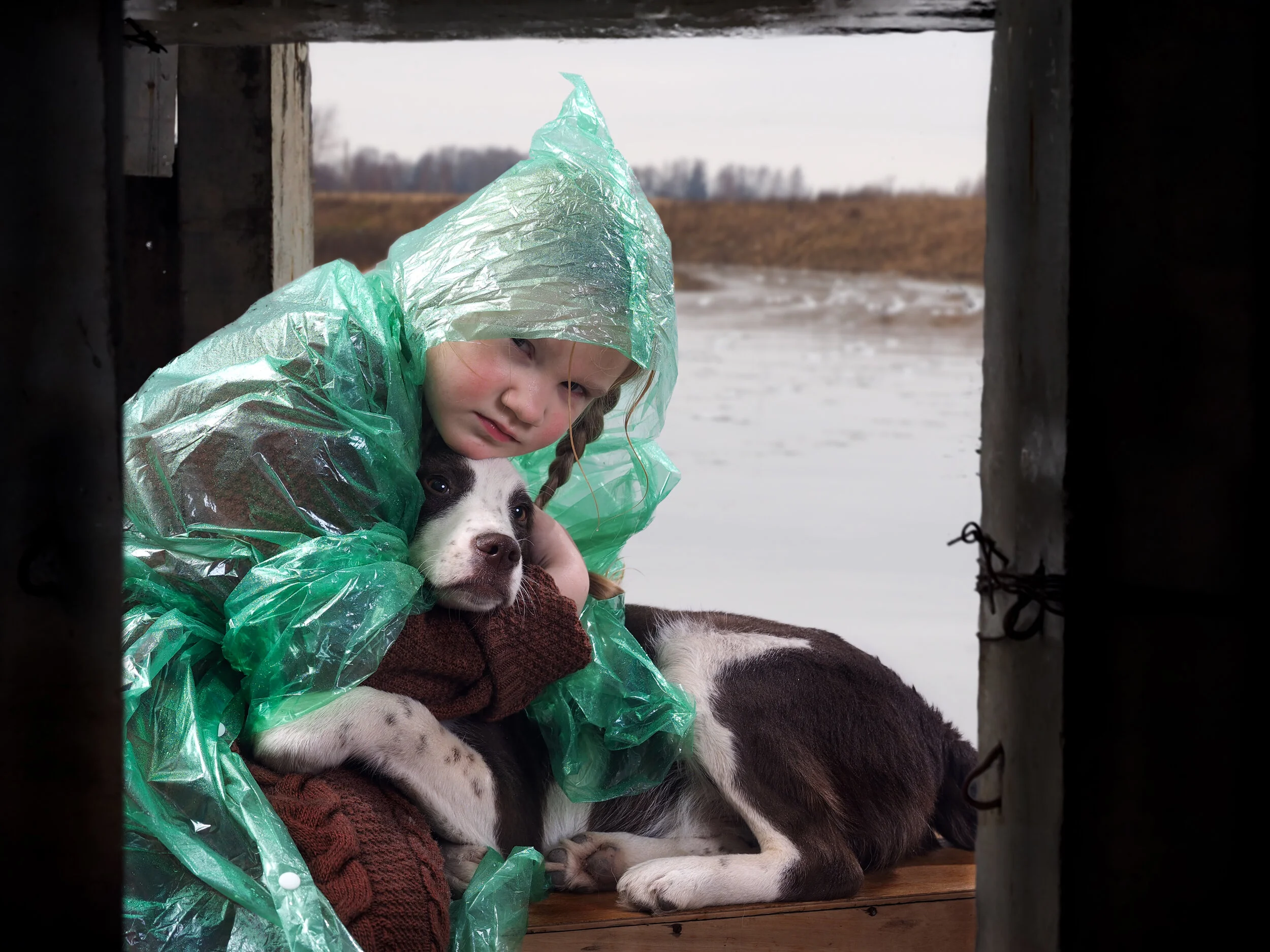Shock collars for dogs are a controversial topic. Some owners swear by them. Others believe they are the worst thing you can do. If you're considering a shock collar, consider the potential drawbacks and make an informed decision that keeps your pet's well-being in mind.
Common Dog Behavior Problems
Owners may mean well, but many popular ways of showing affection to dogs can lead to behavioral issues. This includes everything from feeding them table scraps through stirring them up when you get home. Bad behavior in dogs needs to be carefully controlled from the start, with positive reinforcement for healthy actions.
Best Dog Breeds for First Time Owners
The Do’s and Don’ts of Dog Grooming at Home
Why You Should Feed Your Cat High Calorie Food
Catnip: Is It Safe for Dogs?
If you are in a house with dogs and cats, then you know that they may share their toys with each other from time to time. While it is cute to see your pets play with one another, you might be concerned that safety hazards might arise. For example, if your dog plays with cat toys that contain catnip, you might be worried about his or her health. Is this safe? Should you be concerned if your dog munches on a toy with catnip?
Can Dogs Eat Potatoes?
Dogs want to be part of every aspect of your life. This is especially true when you are eating a dish that your dog has been smelling you prepare. When your four-legged child is giving you puppy dog eyes, it can be hard to say, “No.” However, their health and safety is more important than giving in to their begging. The question often arises, “Can dogs eat potatoes?” when pet owners are trying to figure out what human foods can be shared with their dog.
6 Amazing Benefits Of Being A Cat Owner, Proven by Science
6 Ways You Can Support Local Animal Shelter
Millions of animals without homes need the help of kindly humans to stay healthy and to stay alive. If you are looking for a way to help your local animal shelter or to help animal shelter umbrella organizations, we have six suggestions for you.
1. Donate your skills in taking care of animals or taking care of business operations.
Every animal shelter needs volunteers with a range of skills. Maybe you were a nurse or a veterinary technician. Animal shelters have a special need of your skills to rehabilitate sick animals.
Or maybe you are a coach or a trainer. Become an animal coach! Animal shelters need photographers to help them match future pets to their new homes, people with skills to answer calls from families seeking to adopt, and savvy business people to help with fundraising.
2. Donate your time.
Animal shelters have lots of dogs that need walking. They have lots of cats that need grooming. Donating your time to your animal shelter on a regular basis helps to socialize animals for happier placements. Your presence helps animals that have had some painful life experiences trust people again. And as you bond with animals at the shelter, you get to see the impact your time has every time you do your volunteer work.
3. Donate toys that weren't a good match to your pet.
Most pet parents have had the experience of getting all excited about the latest and greatest toy in the pet shop, bringing it home, and then finding that Fluffy or Fido just wasn't interested. Those expensive purchases don't have to go to waste. Most animal shelters have wish boxes that you can fill with gently used pet toys that some animal in the shelter will love. Animal shelters usually also welcome gently used leashes and harnesses.
4. Donate medical and dental supplies and grooming aids.
Do you want to be regarded as a saint at your local animal shelter? Volunteer to help with animal dentistry. It's a relatively rare pet shelter that has rules that are flexible enough to include dental care for pets waiting to be adopted, but there are few things you can do that will extend the healthy life of a dog or cat more than regular dental care. Of course, regular dental care requires dental supplies and someone to use them, preferably on an animal that experienced regular dental care before coming to the shelter.
Animal shelters universally need flea and tick treatments. And adoptable pets benefit from your donations of shampoo, pet soaps, brushes, and combs. Even bandages and gauze can be in short supply. Every gift of medical, dental, and grooming supplies can help. No matter how big or how small, donations make a difference to the animals at your local shelter.
5. Donate pet food and formula.
Many animals come to pet shelters in a state of malnutrition. They may be severely underweight. They may need protein-fortified pet foods and vitamins to regain their health. They may need a hypoallergenic diet as they overcome fleas or mange. They may need to get used to eating healthy foods after months or even years of scrounging while they lived in the streets.
Every animal in every animal shelter needs to eat every day. Your donations of pet food and formula make it easier for your shelter to keep animals from going hungry at night.
6. Donate a place for a pet in your home.
Even the best animal shelters are challenged to give their charges the attention they need. Offering temporary shelter for a pet in your home, even if the plan is adoption in a forever home, makes a huge difference in the life of the pet and can be profoundly rewarding for you and your family.
Contact your Animal Care Clinic to learn the ways you can help now. You'll be glad you did.
5 Easy Tips On How To Take Better Care Of Your Pet
6 Warnings Signs A Dog Is In Pain
No one enjoys being in pain. When we feel pain, we can express our concerns using words and describe exactly what is going on. However, our favorite furry loved ones do not have this luxury. It’s important to learn and understand how to recognize signs a dog is in pain to ensure they live their happiest life.
How to Keep Your Pet Hydrated During the Summer
Pet Emergency Checklist: How to Prepare for Disasters When You Have a Pet
10 Reasons Why Having a Pet Will Make You Happier
Five Ways to Protect Your Pet from Lyme Disease
The Pet Poisons Hiding In Your Home
According to the Pet Poison Helpline, thousands of pets suffer from accidental poisoning every year.
4 Tips For Optimal Oral Health For Your 4 Legged Friend
5 Fun and Easy Tricks To Teach Your Dog
As we step into January, the National Train Your Dog Month, we talk about five easy tricks to teach your dog.



















